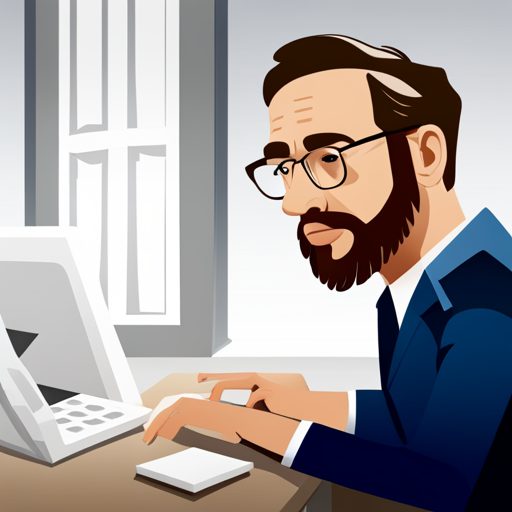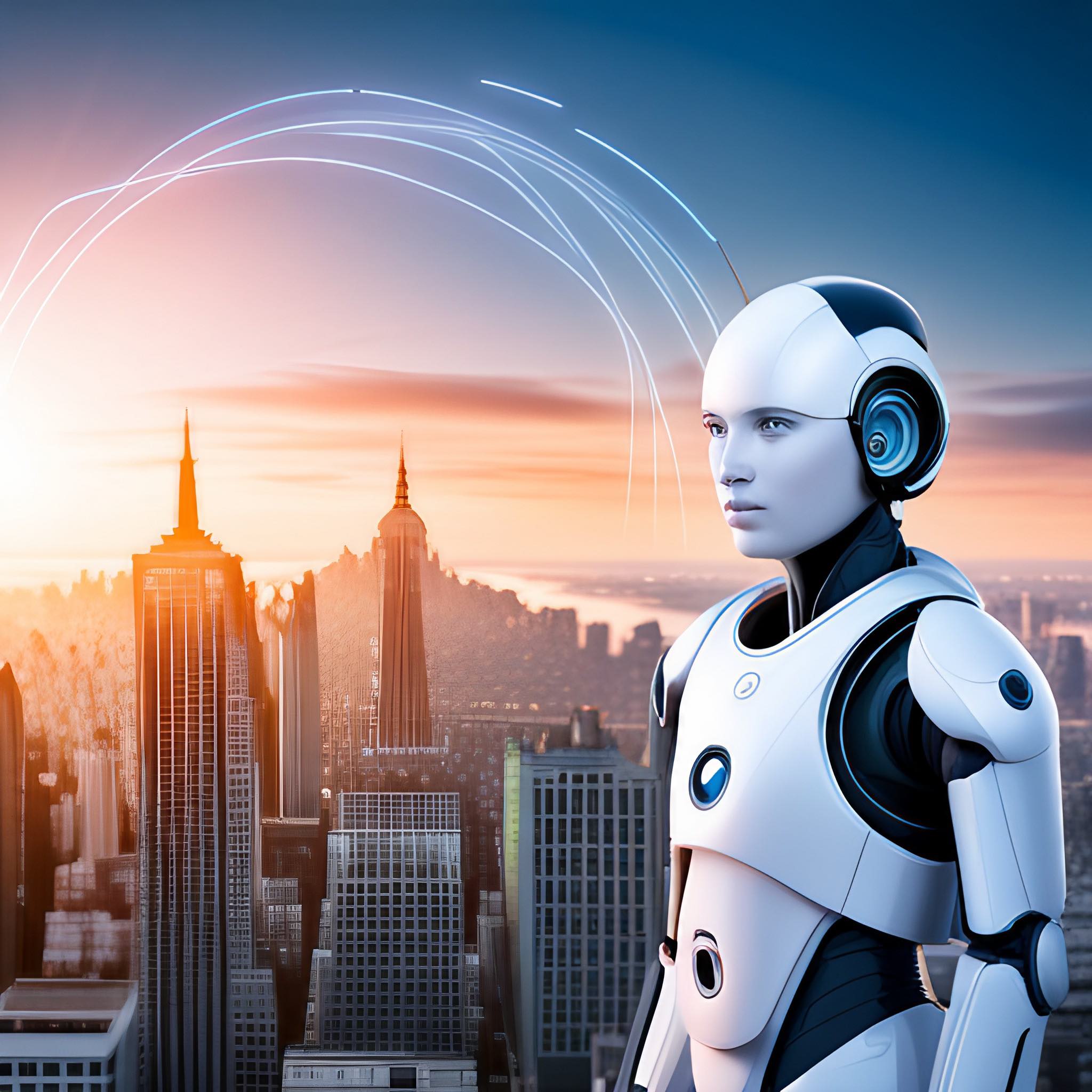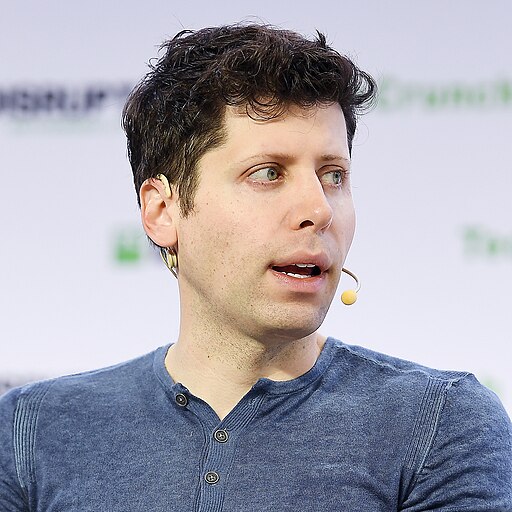When reflecting on our educational journey, most of us can recall one or two teachers who made a profound impact on our lives. These exceptional educators possessed a unique quality that left an indelible mark. Now, as AI Edu) begins to demonstrate its potential, it has the capacity to amplify teachers’ impact and alleviate the persistent teacher shortage.
AI has already begun making waves in the field of education, with Microsoft co-founder Bill Gates asserting that AI chatbots can teach children to read in just 18 months, significantly accelerating the learning process. Today’s younger generations are immersed in digital tools, leading experts to predict that AI will inevitably find its way into classrooms.
While incorporating AI tools in education poses certain risks, such as an increased likelihood of student cheating and potential job disruptions for teachers, Sarah Guo, founder and managing partner at Conviction, an early-stage venture capital firm, believes that these concerns provide only a narrow view of the broader context.
Guo explains, “What AI could mean is that it will dramatically improve the efficacy of education, significantly reduce costs, promote equity, provide global opportunities, and increase productivity and knowledge.”
Gates feels that AI has changed its direction, “since the focus became machine learning, has achieved some unbelievable milestones. It can listen to speech and recognize speech better than humans. It can recognize images and videos better than humans.”
And so the breakthrough we have now, which is very recent, has more to do with reading and writing, this incredible fluency to say, “Write a letter like this, write a letter like Einstein or Shakespeare would have written this thing,” and to be at least 80% of the time very stunned by it.
AI Education: Routine Learning, Teachers for Personalized Instruction
AI, particularly chatbots powered by large language models, can assist students across various educational levels, enabling them to navigate vast amounts of material and tailor their learning experience to their individual learning styles.
Many students currently lack a personalized learning experience tailored to their needs due to a shortage of teachers who can provide such guidance. Danny King, CEO and co-founder of Accredible, a digital credentialing platform, emphasizes that existing teachers are often overworked, leaving them with limited time to address the individual needs of their students.
AI can bridge this gap by taking over repetitive or routine learning tasks, such as having students copy from textbooks while teachers write on whiteboards. This allows teachers to focus on what truly makes them impactful in students’ lives.
King states, “A lot of rote teaching can be taken away and delegated to technology.” With the rise of AI, teachers can transition from being general practitioners to specialists, dedicating their time to helping students with specific challenges and complex concepts.
If students engage with AI-backed learning methods, one teacher can oversee multiple classrooms simultaneously, as students will no longer require a teacher constantly present in front of them. King explains, “Teachers won’t need to be distributors of knowledge because AI can automate that process.”
An Alternative to Expensive Tutoring
With chatbots and AI-powered programs continually learning from the information provided to them, education can be personalized to each student’s needs. This data can offer teachers valuable insights and generate material instantaneously.
Teaching is a time-intensive task, involving answering student questions, providing specific feedback on errors, and demonstrating how to improve. Guo points out that with AI, teachers can draft various teaching materials and generate quiz questions within minutes instead of laboring over them.
AI also empowers teachers to leverage existing knowledge and content, repurposing it to dramatically reduce their workload. Furthermore, AI can inform educators about the areas or topics where a student requires the most assistance, allowing teachers to provide focused and impactful help to those who need it most.
While personalized tutoring has proven highly effective, it has traditionally been prohibitively expensive. By incorporating AI in the classroom, personalized assistance becomes more accessible and equitable, ensuring fewer students are left behind. Guo believes that AI Education can increase access to quality education and amplify the incredible work teachers do.
Looking Ahead at AI Education
As AI continues to advance, its transformative potential in education becomes increasingly evident. By leveraging AI tools, teachers can concentrate on the aspects of their profession that truly make a difference According to Gates “The impact on sales jobs, service jobs is phenomenal—and we can say that just based on the version we have now. And yet, the amount of money going into making these things better is absolutely gigantic. It’s not just GPT-4. It’s hundreds and hundreds of companies building competitive things and building on top of it.”







